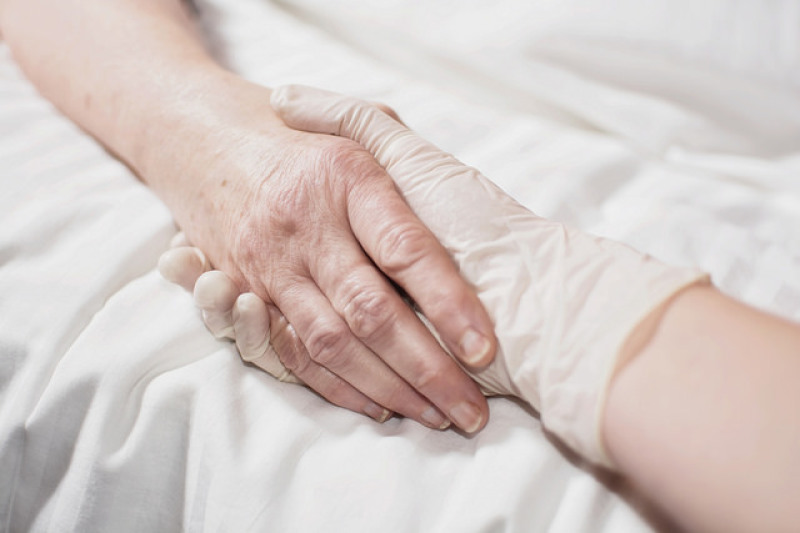
Colorado residents have voted to allow terminally ill patients to opt for assisted suicide.
The ballot for Proposition 106 was cast after the bill to legalize assisted suicide was defeated in the state legislature.
Colorado became the sixth state to approve the "right-to-die" law, after Oregon, California, Vermont, Montana, and Washington.
The new law will permit Colorado residents over the age of 18 to request medically-assisted suicide if they are terminally ill and have fewer than six months to live.
The law requires them to be competent to make the decision. They must get approval from two doctors and request voluntarily for the lethal medicine.
The proposal has not mandated psychological evaluation of patients seeking to end their lives, and does not require medical oversight to prevent incorrect dosage at the time of administration.
"It's incredibly broad, and there's inadequate safeguards to protect Coloradans from abuse and mistakes and coercion," Carrie Ann Lucas, who suffers from progressive neuromuscular disease and is on ventilator, told LifeNews.
Supporters of the so-called "death-with-dignity" act say that allowing terminally ill patients to die respects their autonomy, and relieves them of physical suffering.
"Today is bittersweet for our family," said Melissa Hollis Brenkert, whose sister died painfully from a brain tumor. "Passage of Prop 106 means that Coloradans will now have options when facing pain and suffering at the end of their lives."
Several disability rights and religious groups have protested the ballot result. They say that ending life is not ethical, and express concern that such a law may push more elderly and the poor to take this option.
"If this legislation becomes law, it will place the lives of the vulnerable in the hands of an insurance and health care industry whose profit-driven culture would incentivize doctors to prescribe death," said Archbishop Samuel Aquila of Denver.
Many among the medical community are opposing the law for its implications on the sanctity of life.
"What this bill asks me as a physician is to look at my patients with sympathy rather than empathy," said Dr. Robert Jotte, an oncologist at Rocky Mountain Cancer Centers. "We can't as a medical profession give up on these patients."



















